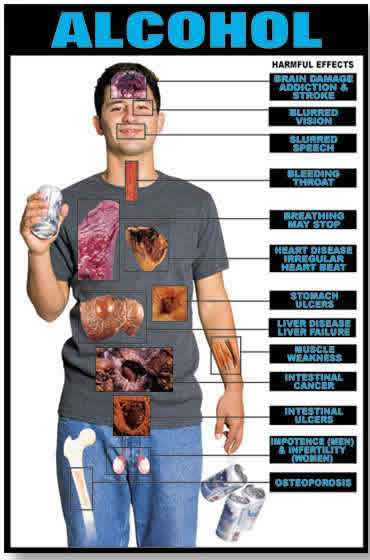Drink and Live Long?
Moderate drinkers, those who drink 1 to less than three a day, live longer according to a recent study completed by researchers of University of Texas in Austin and Stanford University in Palo Alto. The study found that among elderly, ages 55 to 65, moderate and even the heavy drinkers were less likely to die than abstainers. Participants who did not drink at all have 49% risk of dying, and 42% increased risk for heavy drinkers when compared to moderate drinkers in the span of 20 years. According to the study, even light drinkers, defined as people having less than a drink per day, have higher risk of dying than moderate drinkers as well.
Sounds odd. Moderate drinkers, maybe, because of alcohol’s medical value. But heavy drinkers? This claim needs solid scientific proof. What affecting factors were considered in the study? How does the study explain the effects of alcohol abuse to the liver, versus those untainted by alcohol? Do people with ill organs now live longer than individuals with healthy systems? Are the findings of the study enough to suggest physicians should recommend patients to drink daily in a moderate to heavy way? That could stain their lab coats.
Heavy drinking has long been proved to have fatal short and long term effects. Fatalities that may occur immediately after a heavy drink involves accidents caused by distorted judgment, impulsive emotions, and delayed physical reaction and mental response. Among the most common alcohol related accidents that lead to death are drunk driving, suicides, crimes, and other accidents. Unresolved or untreated continually occurring conditions lead to long term fatal effects namely various cancers, cirrhosis, liver, cardiac, and deaths due to diseases and infections brought by weakened immune system.
On the other hand, according to recent and other previous studies, health benefits of moderate drinking are becoming increasingly documented. It reduces coronary fatalities by improving blood lipid profile and coronary blood flow, as well as by reducing thrombosis, blood pressure, and blood insulin levels.
Image Source: Health Tips









